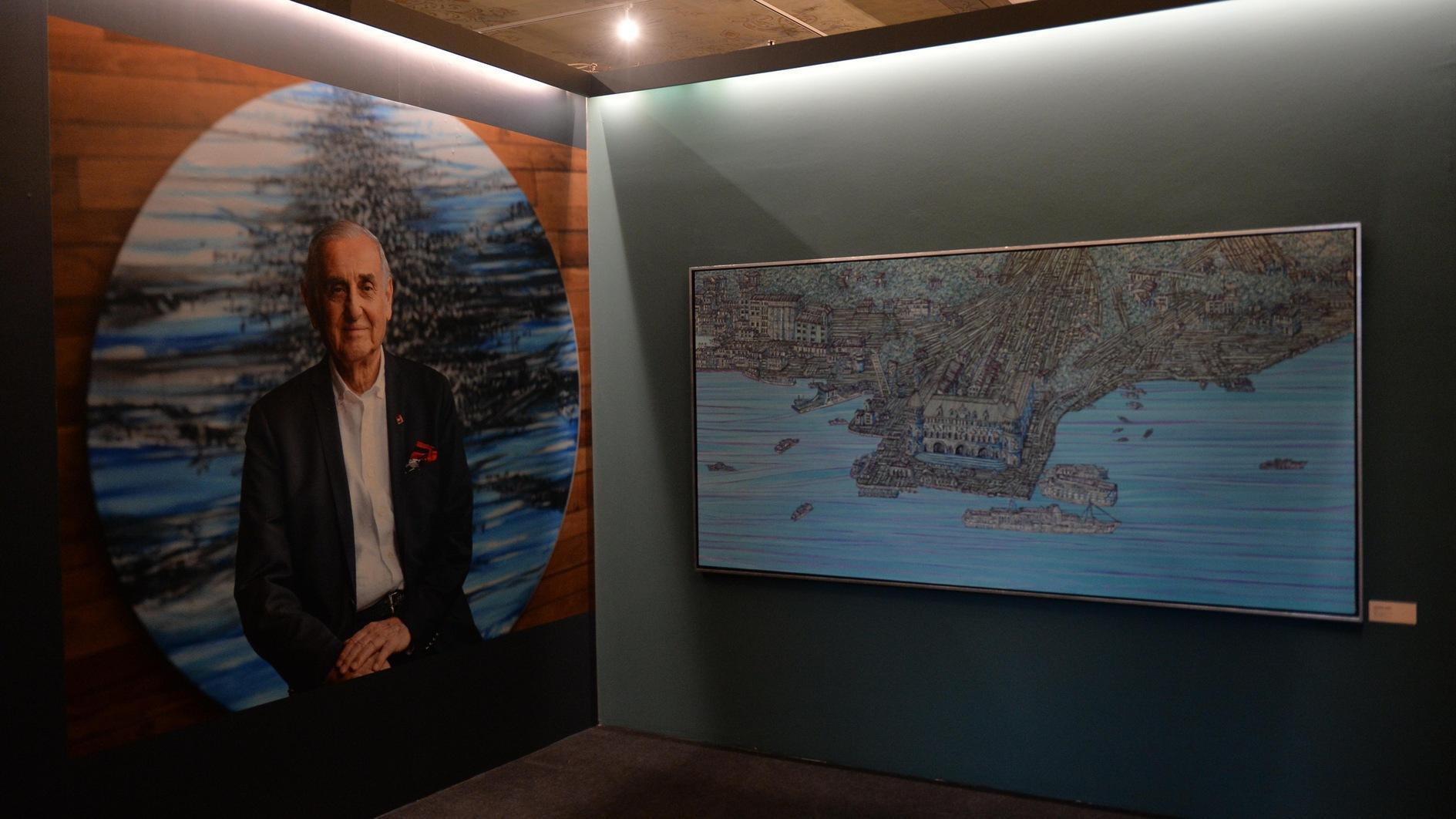The failure of Geneva and the new refugee flow
The U.N.-brokered Syrian peace talks, which were supposed to find a diplomatic solution to the five-year-old bloody civil war, was suspended just after three days of fruitless bickering and shady meetings around the city of Geneva, Switzerland. The talks were doomed from the start, as various groups on the ground and around the world had professed irreconcilable aims. Some others refused to come to Geneva or meet with some of the others. Under such strains, the supposed negotiations between representatives of the Bashar al-Assad regime and the opposition groups with the facilitation of U.N. envoy Staffan de Mistura were in any case unlikely to end the violence in Syria. Even that did not happen; the most we saw was several meetings in hotel rooms between various people representing one group or the other and the U.N. envoy.
While the talks have been postponed with an intention to resume them no later than Feb. 25, the Syrian regime decided to use the interval for its benefit with an offensive in the north of the country with the support of Iranian Shiite militias and Russian airstrikes. In order to gain an upper hand on the ground and so force the opposition to a weaker position in the upcoming negotiations (if ever they take place), the Syrian army intensified its offensive in Aleppo, northern Syria. Its recapture of the Shiite villages of Nubl and Zahraa after three years of siege marked a breakthrough for the regime. Moreover, the regime forces were able to cut off opposition groups’ main supply route with the Turkish border. This would no doubt further strengthen the regime and its supporters in the battlefield and on the table.
The recent battlefield successes of the regime forces with the support of Russia and Iran is also putting further strains on Turkey, which had already been marginalized in the Syrian theater since the downing of a Russian military aircraft on Nov. 24, 2015. Even though Turkey was able to prevent official representation of Kurdish Democratic Union Party (PYD) in recent Geneva talks, PYD delegates were in town to consult and their leaders in Syria were receiving a U.S. delegation, which included President Barack Obama’s Special Presidential Envoy Brett McGurk.
With the latest battle success of the Syrian army and their clear non-attack policy on Kurdish groups, the PYD will no doubt further strengthen its position in northern Syria along the Turkish border. The clear and by now substantial support from both the U.S. and Russia will also empower the PYD and other Kurdish groups in Syria.
Apart from its military and political repercussions for interested actors inside and outside, the final and total capture of Aleppo might also trigger a new flow of refugees toward Turkey, including around 125,000 Turcoman and up to 400,000 Kurds and Arabs. As Turkey is already hosting around 2.7 million refugees, some of whom are trying desperately to reach Europe, additional numbers will put further strain not only on Turkey but also the EU.
Although the five-year civil war has already claimed up to 300,000 deaths and displaced more than 11 million, there is no light yet for the end. The silence of the Obama administration, which has resisted further involvement in Syria, as well as other actors’ self-centered approaches with a disregard for human life has unnecessarily escalated human cost of the conflict.
Granted that there is road map and a deadline for a political transition in Syria, it would be naïve to expect any progress without compromise from none of the conflicting parties, and agreement among the bigger regional players regarding Syria’s future. Among the turmoil, one inevitably wonders whether anybody really cares anymore about the threat posed by the Islamic State of Iraq and Levant (ISIL).











